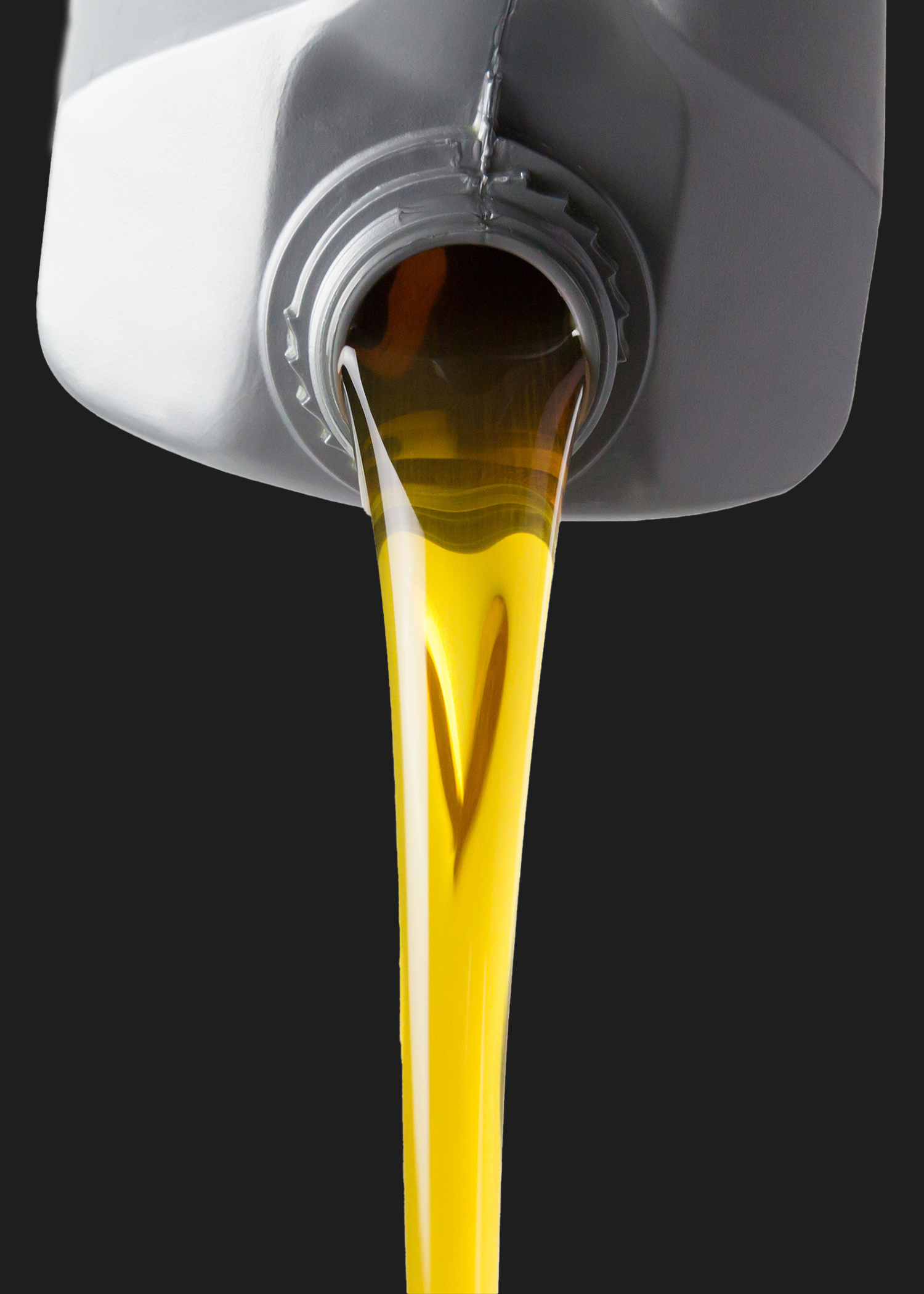Our Services
-
Choose between conventional & synthetic
Recommended oil change intervals vary from one vehicle to another. It's essential to consider your specific circumstances and follow the manufacturer's guidelines provided in your owner's manual. Regular oil changes are crucial for maintaining engine health and prolonging the life of your vehicle, so if you have any questions we are happy to help!
-
Adhering to manufacturer service packages is important because it ensures your vehicle receives proper maintenance, retains warranty coverage, remains safe and reliable, maintains resale value, provides cost predictability, extends longevity, and reduces environmental impact.
-
A clogged or dirty air filter can restrict airflow, leading to reduced fuel efficiency, diminished engine power, and increased emissions. Regular air filter replacement, typically recommended every 12,000 to 15,000 miles (19,200 to 24,000 kilometers), helps safeguard your engine, improve fuel economy, and ensure optimal performance.
-
Over time, a dirty or clogged cabin air filter can result in reduced air quality, unpleasant odors, and impaired HVAC system performance. It's recommended to change the cabin air filter approximately every 15,000 to 25,000 miles (24,000 to 40,000 kilometers) or as specified in your vehicle's owner's manual. Regular replacement promotes clean air circulation, minimizes allergies, and maintains overall comfort while driving.
-
Over time, tires wear differently due to factors like weight distribution and driving habits. Rotating them promotes even wear, extends tire life, and enhances road grip and stability. Typically, tire rotation is recommended every 6,000 to 8,000 miles (9,600 to 12,800 kilometers), but it can vary based on your vehicle's make and model. Regular tire rotation is a smart way to maximize tire longevity and maintain safe and efficient driving.
-
Regularly replacing headlight bulbs ensures you can see and be seen on the road, enhancing nighttime driving safety. It's advisable to replace headlight bulbs as soon as they become dim or fail, rather than adhering to a specific time interval, to maintain optimal visibility.
-
Regularly changing and replacing your car battery is important to ensure reliable vehicle starting, prevent unexpected breakdowns, maintain electrical system functionality, extend the life of other components, prevent damage to the engine computer, optimize fuel efficiency, address safety concerns, and provide peace of mind. Replacing the battery every 3 to 5 years or as recommended by the manufacturer helps ensure these benefits and reduces the risk of unexpected vehicle issues.
-
Regularly cleaning your vehicle's fuel system is important to maintain fuel efficiency, prevent engine issues, extend engine life, reduce emissions, enhance performance, avoid costly repairs, ensure smooth starts, and comply with maintenance schedules.
-
Regularly replacing the belts in your vehicle is important to ensure reliable operation of various engine components, such as the alternator, power steering, and air conditioning. Belt replacement helps prevent belt wear and potential breakage, which can lead to engine overheating, loss of power steering, and electrical system issues. It also contributes to vehicle safety and overall reliability.
-
Regularly replacing your windshield wipers is crucial for maintaining clear visibility during adverse weather conditions. New wiper blades ensure effective removal of rain, snow, dirt, and debris from your windshield, enhancing driving safety. It's a simple yet essential maintenance task that helps you see the road clearly, reducing the risk of accidents and improving overall driving comfort.
-
Regular radiator service is essential for maintaining your vehicle's engine temperature and overall performance. It involves tasks such as coolant flushes, radiator cleaning, and checking for leaks. Regular service helps prevent overheating, extends the lifespan of your engine, and ensures efficient cooling system operation. It's a crucial maintenance step to avoid engine damage, costly repairs, and breakdowns due to overheating.

